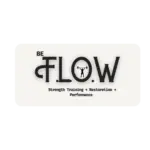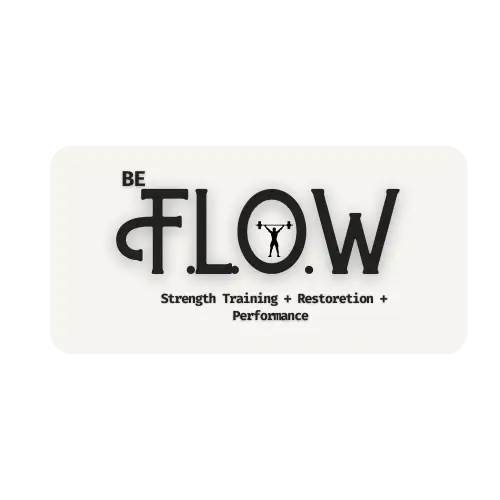our services
Discipline Is the Ultimate Self-Respect.
“No man has the right to be an amateur in the matter of physical training. It is a shame… for a man to grow old without seeing the beauty and strength of which his body is capable.” — Socrates
Our Fitness Programs
4 week Program
F.L.O.W. INTO FIT
Week 1: Find the gaps
we start by learning how your body moves. You’ll find out what areas are tight, weak, or not working well. This helps us focus on what your body really needs no more guessing.
week 2: Get Your Flexibility Back
this week, we work on moving better. You’ll do simple stretches and mobility exercises every day to help your joints move easier. You’ll feel looser, lighter, and more in control.
Week 3: build real strength
Now that you’re moving better, it’s time to get stronger! You’ll use full-body exercises and core work to build strength you can actually use in everyday life.
Week 4: Put It All Together
This week is where it all comes together. You’ll so fun, full-body workouts that mix strength, movement, and cardio to help you feel strong, fit, and confident.

12 week Program
START STRONG, FINISH STRONG

Weeks 1–4: Reset & Rebuild (Start Strong Phase)
The first four weeks are focused on creating a consistent routine, resetting bad habits, and rebuilding your connection with movement and nutrition. The training schedule includes three full-body strength sessions using foundational movements like squats, push-ups, rows, and core-focused exercises — all designed to develop stability, proper form, and body awareness. Two low-impact conditioning days are included to improve cardiovascular health without overstressing the body, using walking, cycling, or bodyweight circuits. One to two recovery or mobility sessions per week help reduce tension, improve flexibility, and support joint health.
This phase also introduces key habit changes like prioritizing sleep, hydration, and daily movement outside of workouts. Nutritional guidance focuses on simplicity — whole foods, balanced plates (protein, fiber, healthy fats), and learning to fuel your body, not restrict it. This sets the foundation for long-term results and primes the body to take on more advanced work in the next phase.

Weeks 5–8: Build & Burn (Momentum Phase)
In weeks 5 through 8, the program shifts toward building lean muscle, increasing strength, and accelerating fat loss. The strength workouts become more intense, incorporating progressive overload techniques with higher reps, added resistance, and compound movements like deadlifts, lunges, and overhead presses. Explosive movements such as jump squats, medicine ball slams, or kettlebell swings are introduced 1–2x/week to develop power and athleticism, especially useful for those looking to enhance sports performance or dynamic movement.
Conditioning workouts are now more structured — including interval training, circuit formats, and short bursts of higher-intensity work to improve stamina and burn fat efficiently. Mobility and recovery are still integrated to keep the body primed and injury-free. Nutritional strategy tightens slightly, encouraging higher protein intake, nutrient timing around workouts, and increased water consumption. You’ll also be working on replacing poor eating patterns with mindful, performance-driven choices.

Weeks 9–12: Sculpt & Perform (Peak Phase)
The final four weeks focus on dialing everything in — improving body composition, refining movement quality, and maximizing physical performance. Strength sessions continue with a hybrid of volume and intensity, targeting specific muscle groups for definition while maintaining overall functional strength. Emphasis is placed on unilateral work, stability training, and core integration to sharpen balance, coordination, and control.
Conditioning workouts become lean and powerful — think HIIT, sled pushes, agility ladders, or circuits that blend strength and speed. These sessions help strip fat, enhance conditioning, and sculpt a leaner physique. Recovery days now include targeted mobility drills and breathwork to restore the nervous system and enhance movement quality.
Nutrition during this phase supports shredding while preserving muscle — high protein, anti-inflammatory foods, precise portion control, and consistent hydration. You’ll also be coached to manage stress, improve digestion, and build a relationship with food that supports both performance and aesthetics.
Business hours

Want Perfect Body Shape
The largest selection fitness articles exercises workouts, supplements, & community to help you reach your goals!

